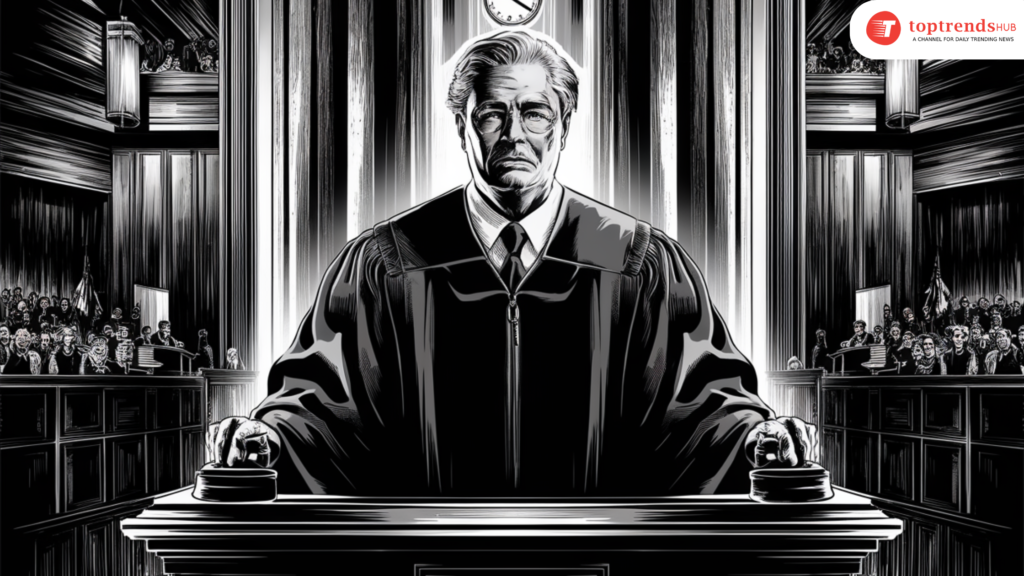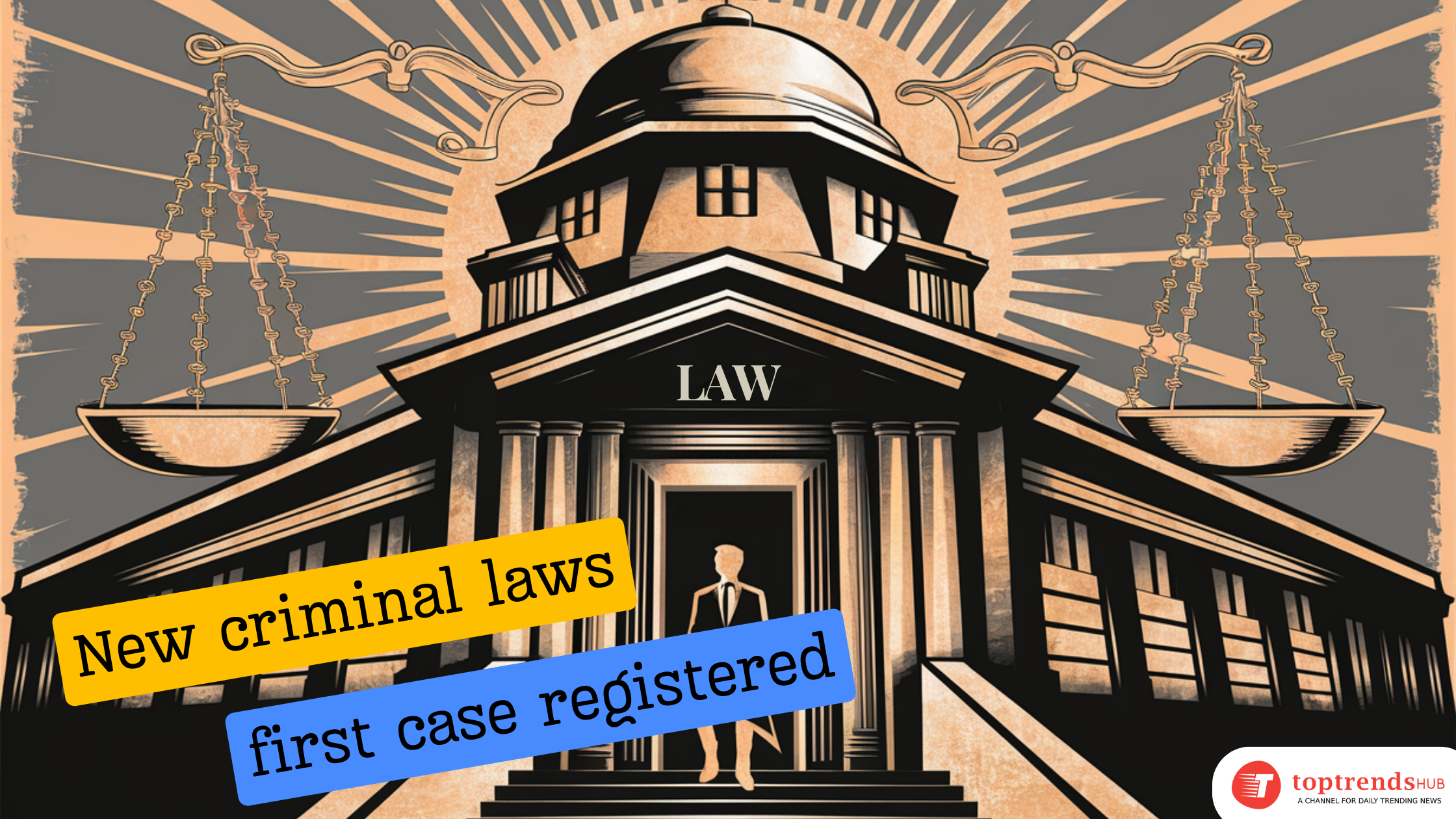Senior Congress leader P Chidambaram has criticized the Centre’s new criminal laws, claiming that 90-99 percent of these “so-called new laws” are merely a cut, copy, and paste job from existing legislation. He argues that the government has made minimal substantive changes, essentially recycling old provisions rather than implementing genuinely new and effective legal reforms. Chidambaram’s remarks reflect broader concerns within the Congress party regarding the efficacy and originality of the new criminal laws introduced by the Centre.
Introduction to the New Criminal Laws
In New Delhi, the introduction of three new criminal laws marked a pivotal moment in India’s legislative landscape. Led by Union Home Minister Amit Shah, these laws represented a decisive departure from colonial-era legal frameworks that have long governed India’s criminal justice system. Shah emphasized that the reforms aimed not only to update outdated laws but also to align them more closely with contemporary societal needs and constitutional principles.
The laws were designed to address perceived shortcomings in existing legislation, particularly in areas related to the efficiency of criminal justice administration, the protection of victims’ rights, and the enhancement of judicial processes. The government’s narrative framed these reforms as essential for streamlining legal procedures and ensuring swifter justice delivery, thereby bolstering public confidence in the judiciary.
Passage Amidst Parliamentary Controversy
During the Winter Session of Parliament, the passage of these new laws was overshadowed by unprecedented parliamentary disruptions and controversies. The suspension of nearly two-thirds of Opposition MPs following protests over a security breach further polarized the political landscape. Congress president Mallikarjun Kharge criticized the government’s handling of parliamentary procedures, alleging that the suspension of MPs was a deliberate tactic to railroad the legislation without adequate debate and scrutiny.
The opposition’s outcry over the suspension underscored broader concerns about the erosion of parliamentary norms and democratic principles. It highlighted tensions between the ruling party’s legislative agenda and the opposition’s role in parliamentary oversight and debate. The contentious passage of the laws set the stage for a protracted political and legal battle over their implementation and constitutional validity.
Congress’s Critique of the New Laws
Senior Congress leader P Chidambaram emerged as a vocal critic of the new criminal laws, raising substantial objections to their content and legislative process. Chidambaram contended that the laws were largely a “cut, copy, and paste job” from existing statutes, criticizing what he perceived as a lack of originality and substantive reform. He pointed out that while some amendments were acknowledged, they fell short of addressing fundamental issues within the legal framework.
Chidambaram’s critique extended to specific provisions within the laws, which he argued could potentially infringe upon constitutional rights and legal safeguards. He cited instances where MPs on the Standing Committee had raised detailed dissent notes, questioning the government’s failure to address these concerns adequately during parliamentary debates. The lack of robust parliamentary scrutiny and debate, according to Chidambaram, undermined the laws’ legitimacy and raised doubts about their effectiveness in addressing complex legal challenges.
Legal and Scholarly Perspectives on the New Laws
The introduction of the new criminal laws sparked extensive discourse within India’s legal and academic communities. Legal scholars, bar associations, judges, and practicing lawyers contributed to the debate through a series of seminars, articles, and expert opinions. Their analyses focused on identifying potential loopholes, ambiguities, and constitutional implications embedded within the legislative text.

Critics from the legal fraternity argued that the rushed passage of the laws, amidst parliamentary disruptions and suspensions, compromised the rigorous scrutiny required for substantive legal reforms. They highlighted discrepancies between the laws’ stated objectives and their practical implications for judicial procedures and rights protections.
Legal scholars and human rights advocates also expressed concerns about how the laws align with international human rights standards and their potential impact on marginalized and vulnerable groups within society.
Government Defense and Rationale Behind the Laws
In defense of the new criminal laws, Union Home Minister Amit Shah articulated a robust rationale grounded in nationalist sentiment and legal reform imperatives. Shah emphasized that the laws underwent extensive input from legal experts, parliamentary committees, and stakeholder consultations. He emphasized their role in dismantling colonial-era legal vestiges and ushering in a more equitable and efficient justice system tailored to contemporary Indian realities.
According to Shah, the legislative reforms aimed not only to update archaic legal provisions but also to enhance the judiciary’s capacity to expedite justice delivery. He pointed out that the laws prioritized victims’ rights and judicial efficiency over punitive measures, signaling a paradigm shift in India’s criminal justice ethos. Shah’s defense resonated within the ruling party as a pivotal step towards aligning India’s legal framework with global best practices and domestic imperatives for inclusive justice.
Implications and Future Challenges
Looking ahead, the implementation of the new criminal laws encounters multifaceted challenges and uncertainties. Critics, such as Chidambaram and legal experts, foresee a surge in judicial challenges that will question the laws’ constitutional validity and operational feasibility. Moreover, the potential impact of these laws on marginalized communities, due process rights, and judicial independence continues to be a focal point of intense scrutiny and debate.
Moreover, the laws‘ operationalization amidst ongoing political polarization and legislative disruptions poses significant governance challenges. The need for comprehensive reforms to address emerging legal complexities and societal expectations underscores the ongoing nature of India’s legal reform agenda. Stakeholders across political, legal, and civil society domains will continue to advocate for rigorous oversight, accountability, and transparency in the implementation and refinement of these laws.

Conclusion
In conclusion, the introduction of three new criminal laws in India has set the stage for a dynamic and contentious phase in the country’s legal evolution. While hailed as a landmark in legislative reform by the government, the laws have ignited fierce opposition and scholarly critique. The coming years will likely witness intense legal battles, parliamentary debates, and societal engagements aimed at refining these laws to better serve India’s diverse and evolving justice needs.




